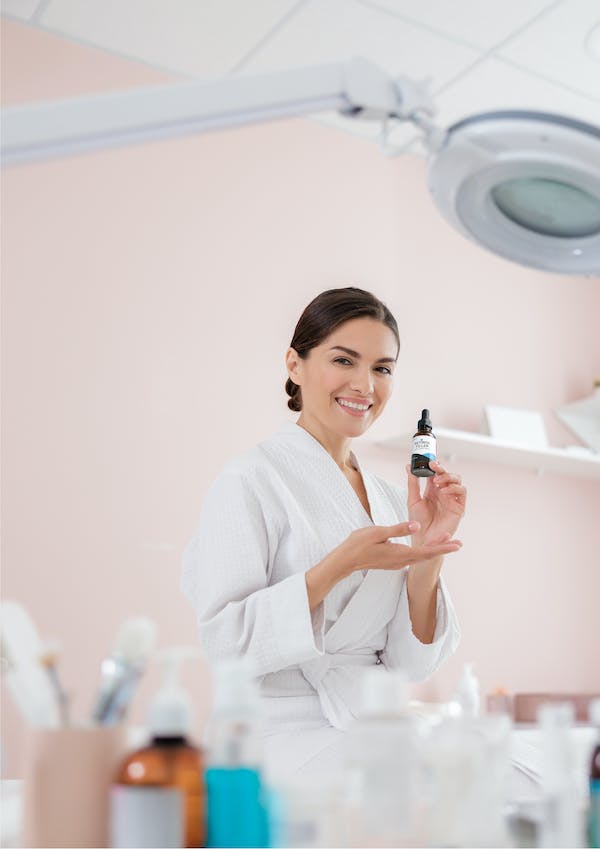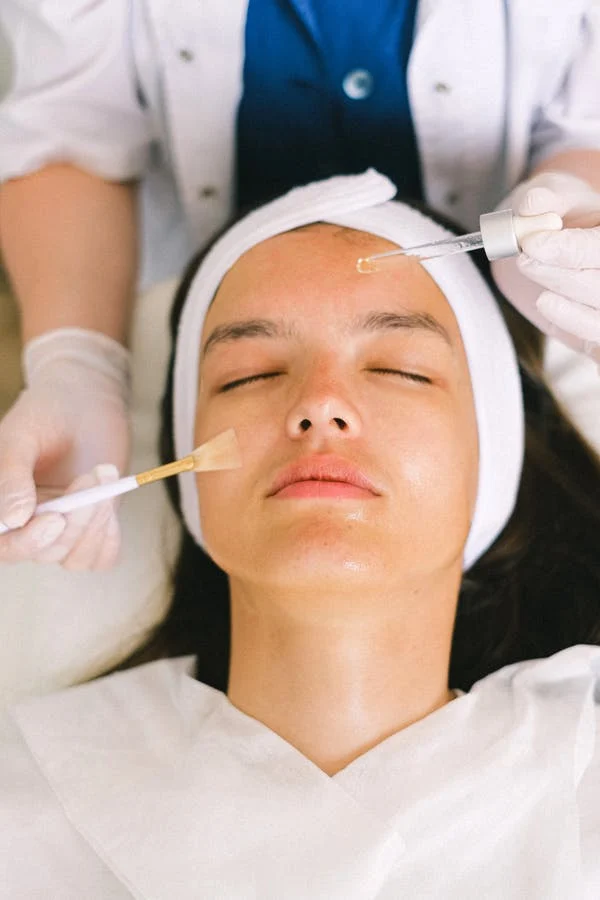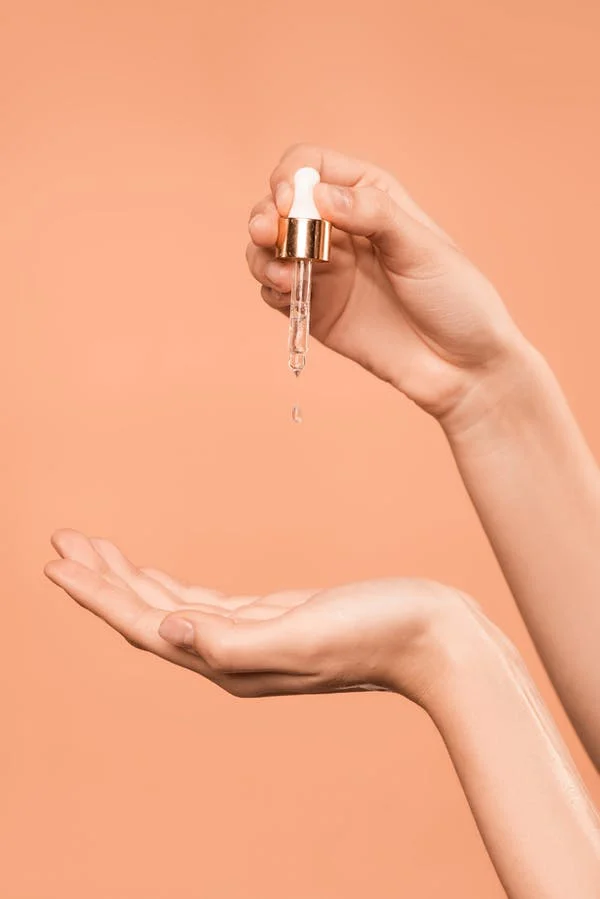Retinol is a mysterious substance that has divided the internet. Both parties have respectable points of view. Those who adore it vouch that it is the only thing you need for skin that is smooth, luminous, and youthful-looking. People who dislike it constantly mention “the purge,” in which your skin breaks out for the first few weeks after use. By all means, continue using retinol if your skin tolerates it.
We do, however, have a few miracle ingredient substitutes for retinol that are considerably more gentle and good for all skin types if retinol is more of a foe for your skin. If retinol is too abrasive for your skin, consider one of these five retinol substitutes.

What is Retinol?
- Dermatologists promote retinol, a synthetic version of vitamin A, for its anti-aging properties. Using a rapid increase in cell turnover, it is used to minimize wrinkles, pimples, and hyperpigmentation.
- This causes the top layers of skin to weaken, which causes dryness, redness, flaking, peeling, and increased light sensitivity.
- However, retinol use will still make your skin sensitive, and other skin-care products that have previously worked for you can start to sting.
- This is a telltale indicator that you have used too much retinol and need to take a break.
6 natural substitutes of retinol
1. Bakuchiol
The use of bakuchiol has skyrocketed among people seeking burn-free, smooth, radiant skin. Psoralea corylifolia seeds contain an antioxidant that has a long history in medicine thanks to their ability to reduce inflammation, soothe rashes, and speed up the healing of cuts. Additionally, it is photostable and won’t trigger sensitivities in sunlight, making it suitable for use day and night.

2. Rosehip seed oil
Rosehips are a beautiful gift from nature that benefit both birds and human health in general. They contain omega-3 fatty acids, beta-carotene, retinoic acid, and antioxidants. When an American hippy discovered that rosehip oil may get rid of or lessen scar tissue, the oil became well-known. Rosehip may be useful if your skin feels cold to the touch. Read up on rosehip, my sweetheart, if you have indentation scars on your nose, crusty dry skin around your nose, or congested, dehydrated skin.
3. Cacay Oil
I employ this Amazonian delicacy when making custom faces. However, because it is so rich and nourishing, it is only appropriate for mature, dry skin. Ideal for skin that isn’t often dry in the summer, or in the winter. This may be required if the skin on your face feels tight. Change to clay if you’ve been applying shea butter on your face at night and aren’t getting any results.
4. Rambutan
Rambutan, a product from plants, reduces fine lines and wrinkles while enhancing the flexibility and tone of the skin. The component is an edible tropical plant from the same family as lychees. However, Rambutan’s capacity to naturally generate collagen for the bounciest skin imaginable is what makes it so powerful.
5. Niacinamide
Similar to retinol, niacinamide or vitamin B3 smoothes the skin and minimizes the appearance of pores. In addition to enhancing hydration and improving texture, the skin-restoring component also prevents irritation and flaking, unlike retinol. Along with salicylic acid, which lessens breakouts, the serum also contains the beneficial ingredients white shiitake mushroom and niacinamide, which support a smooth, radiant, and even skin tone.
6. Amino acids
Amino acids also referred to as peptides, encourage the synthesis of collagen and lessen the visibility of fine wrinkles. Additionally, they have antioxidant qualities that protect the skin from free radical damage and lessen the appearance of aging. There are no negative consequences from them because they are already found in the skin.
The chemical that is most frequently mentioned and advised for achieving skin that will make you feel more comfortable going makeup-free is retinol, but it is a real headache to use. Products that mimic retinol are swooping in to save the day. Synthetic retinol, a chemical derivative of vitamin A, is a potent anti-aging agent due to its capacity to stimulate collagen formation and accelerate cell turnover.

